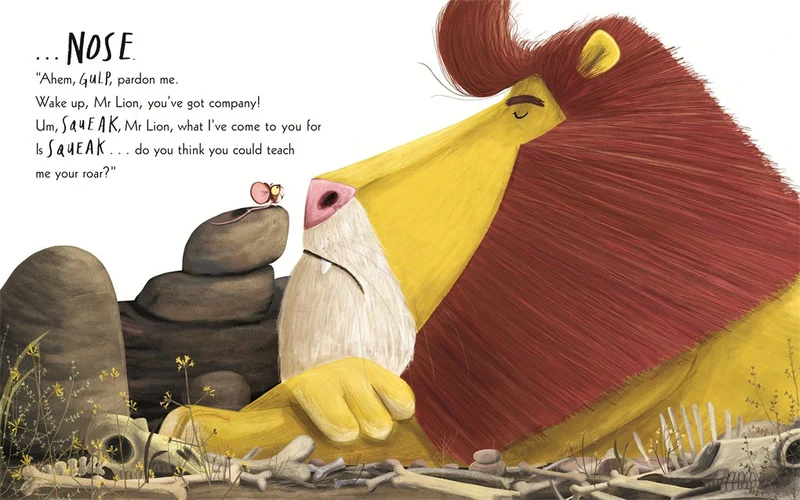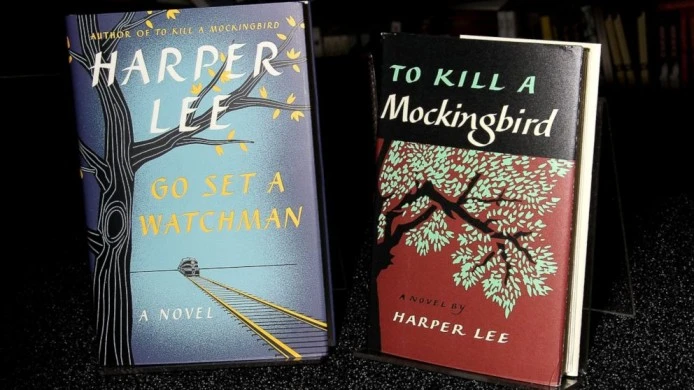13 Books to Watch For in August

August is often a quiet month for publishers, but this year there’s a lot to look forward to: new books from Akwaeke Emezi and Daisy Johnson; a timely re-examination of William Faulkner, with a special focus on how he wrote about race; and an astrophysicist’s (surprisingly soothing) guide to the end of the universe as we know it.
‘Caste: The Origins of Our Discontents,’ by Isabel Wilkerson (Random House, Aug. 4)
Wilkerson, the Pulitzer Prize-winning journalist and author of “The Warmth of Other Suns,” places America’s racism in a global context, linking it to the caste system in India as well as Nazi ideology. She identifies eight cornerstones of caste systems throughout history and across the world, and uses vignettes from real-life people to illustrate how inequality acts as an invisible, but deeply felt, blueprint for their lives.
‘The Death of Vivek Oji,’ by Akwaeke Emezi (Riverhead, Aug. 4)
A family in southeastern Nigeria confronts what little it knew of — and was willing to accept about — its son after his body is delivered to his mother’s doorstep. This mystery, by the author of “Freshwater” and “Pet,” raises an unsettling question: How does a family mourn a young man who was forced to hide his true self?
[ Read our profile of Emezi. | Read our review. ]
‘El Jefe: The Stalking of Chapo Guzmán,’ by Alan Feuer (Flatiron, Aug. 25)
El Chapo, the most famous drug trafficker of his generation, received a life sentence last year. He had evaded the Mexican authorities for years, smuggled hundreds of tons of drugs and became notorious for his violence and corruption. Feuer, a Metro reporter for The New York Times who covered El Chapo’s trial, gives a brisk, rich account of the kingpin’s rise to power and his downfall.
‘The End of Everything (Astrophysically Speaking),’ by Katie Mack (Scribner, Aug. 4)
“In about five billion years, the Sun will swell to its red giant phase, engulf the orbit of Mercury and perhaps Venus, and leave the Earth a charred, lifeless, magma-covered rock.” That’s how Mack, a theoretical astrophysicist, begins her engrossing, elegant timeline of the cosmos. Despite the book’s sobering title, she sprinkles in delightful esoterica along the way, while providing a guide to some of the most plausible scenarios about the end of the universe.
‘Evil Geniuses: The Unmaking of America,’ by Kurt Andersen (Random House, Aug. 11)
Starting in the 1970s, according to Andersen, a “cultural U-turn” caused the nation to abandon the middle class, instead rewarding corporate interests and capitalist greed. The United States, he writes, might be “the first large modern society to go from fully developed to failing.” But for all his grim assessments, he offers solutions (including stronger unions and a universal basic income), and believes change is possible — so long as the left adopts tactics the right used decades ago.
‘Life of a Klansman: A Family History in White Supremacy,’ by Edward Ball (Farrar, Straus & Giroux, Aug. 4)
In his National Book Award-winning book “Slaves in the Family,” Ball tracked down descendants of the people that his ancestors, plantation owners in South Carolina, had enslaved. Now, he returns again to his family, focusing on one of his great-great-grandfathers and his association with the Ku Klux Klan.
‘Luster,’ by Raven Leilani (Farrar, Straus & Giroux, Aug. 4)
Edie is a Black woman in her 20s, an artist in Bushwick who is unfulfilled by virtually every part of her life. When she begins dating a white man in an open marriage, she becomes entangled in his family’s life — emotionally, physically and even economically.
‘Midnight Sun,’ by Stephenie Meyer (Little, Brown, Aug. 4)
It’s been almost 15 years since Meyer published “Twilight,” the best-selling young-adult vampire novel that sparked a worldwide interest in paranormal romance. Now she returns to the story of Edward Cullen and Bella Swan, but this time, she tells it from his point of view.
‘Reaganland: America’s Right Turn 1976-1980,’ by Rick Perlstein (Simon & Schuster, Aug. 18)
By 1976, Ronald Reagan’s political career appeared to be over. In Perlstein’s new book, the final volume of his series charting the ascendancy of the right in America, he traces Reagan’s political comeback and how he reinvigorated the Republican Party’s base with his pledge to “Make America Great Again.” Perlstein, an engaging storyteller, offers a clear guide to the intellectual and ideological debates of the time.
‘The Saddest Words: William Faulkner’s Civil War,’ by Michael Gorra (Liveright, Aug. 25)
Faulkner’s enduring, ubiquitous quote that “the past is never dead” might be a fitting epitaph for this new book. In this timely re-examination, Gorra considers how Faulkner should be read in the 21st century, with a focus on the depiction of Black people and racism in his fiction.
‘Sisters,’ by Daisy Johnson (Riverhead, Aug. 25)
With her debut novel “Everything Under,” Johnson became the youngest author shortlisted for the Booker Prize. Her new book focuses on two teenage sisters, July and September, who arrive with their mother at a desolate house on the eastern coast of England after leaving school for reasons that aren’t entirely clear. The sisters are fiercely close, less than a year apart in age, but their relationship takes on a sinister tone over time. As their circumstances and past come into focus, Johnson delivers a shocking twist.
‘Summer,’ by Ali Smith (Pantheon, Aug. 25)
The final volume in Smith’s seasonal quartet, set during the coronavirus pandemic, centers on Sacha and Robert, two siblings grappling with the awakening of their political and cultural consciousness. As she did in the series’ earlier books, Smith balances timely real-life issues (Brexit, the refugee crisis, Trump) with her characters’ inner lives — and characters from the previous books reappear, too.
‘Vesper Flights,’ by Helen Macdonald (Grove Atlantic, Aug. 25)
Macdonald’s debut, “H Is for Hawk” — about grappling with the death of her beloved father by training a goshawk — was one of the Book Review’s 10 best books of 2015. Now, Macdonald returns with a collection of essays, new and previously published, about the natural world.
Follow New York Times Books on Facebook, Twitter and Instagram, sign up for our newsletter or our literary calendar. And listen to us on the Book Review podcast.




